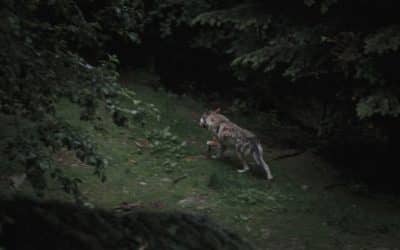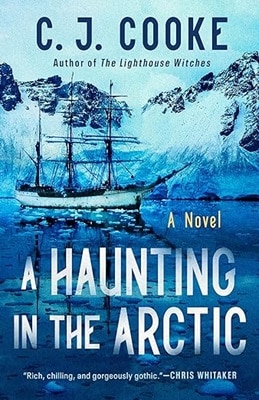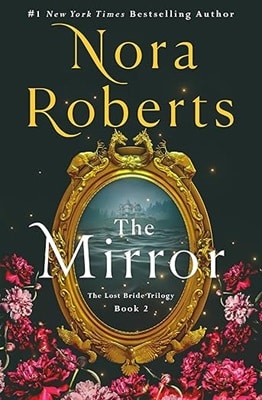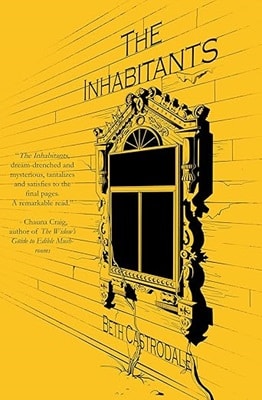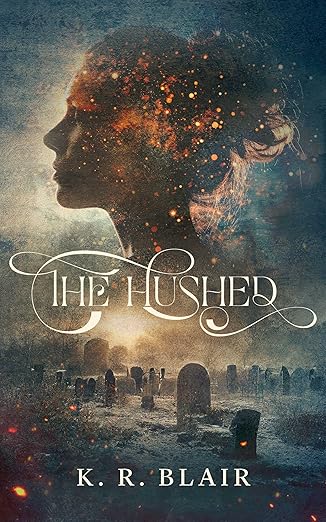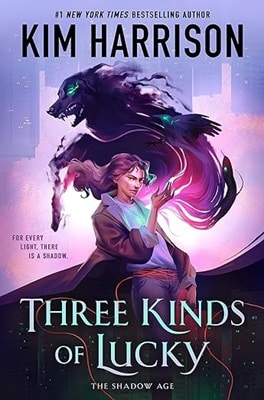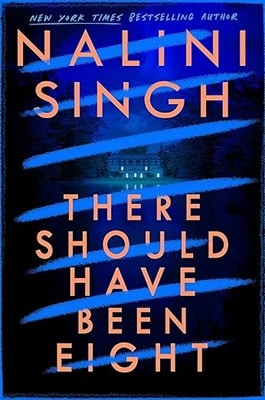
Feature
The Fantasy Thriller
It’s only natural for storytellers to imitate the most successful titles, but this inevitably leads to homogeneity and over-saturation. It is at such times that innovators arise and offer something new to differentiate themselves from the pack and carve out an entirely new niche for the cycle to repeat. In evolutionary biology it’s called, “key innovation,” while in market dynamics we call it, “chasing the trends.”
More specific to the realm of fiction writing, we see this manifest in the development of genre. The fantasy genre is genus that often finds itself over-stuffed, which in turn makes it a fertile ground for “key innovation.” Science fiction as a genre exists primarily as a response to the influx of scientific knowledge that radically altered peoples’ understanding of the world. We’ve seen the cross pollination of fantasy romance from two colliding over-populated niches. Now in recent years we have seen the rise of a new subspecies: the fantasy thriller.
It is near impossible to assign a single work as the sole moment of advent. Our differing and various definitions as such may put our assessments at odds. Do we count the works of Steven King as fantasy thrillers? They’re often called thrillers and have fantastical elements, but more often than not he is described as a “horror writer.” What about Harry Potter? The books are practically textbook example of “boarding school thrillers” within a fantasy setting… but many fans of the genre would hesitate to grant those works the title due to their association with young readers.
It is for this reason that a true key innovator must be unquestionably of the genre; so much so that the genre is defined by its association with the work and prior works are grandfathered in with the blessing of hindsight. This why the key innovator of the fantasy thriller is unquestionably George R.R. Martin’s masterpiece, A Song of Ice & Fire.
The “low fantasy” nature of the setting allows what was previously perceived to be the ‘mundane’ functions of the world (court intrigue and political machinations) from being drowned out by the extravagances of world building. Magic, dragons, and ice zombies all exists but they do not dominate the world and thus they don’t dominate the story (the last couple seasons of the tv series is precisely why GRRM was wise to avoid this). In turn this allows the intrigue, the beating heart of any good thriller, to rise to prominence.
Yes, Jon Snow is staring down an army of black magic ice zombies but the real tension lies in whether or not he’ll be able to unite bickering people against a greater threat. Yes, Daenerys has a trio of dragons but the tension in her story revolves around whether or not she’ll become a good ruler. Yes, Arya is training to be a magical assassin but the peril of her plot is whether or not she’ll lose herself in a quest for vengeance. Then we have Tyrion, through whom Martin summons the full measure of his considerable might to indel the concept on popular culture for all time.
The tension lies in a burning question, not the “power level” of a chosen one in an arbitrarily ordained moment of destiny. Characters’ agency actively aids the tension by virtue of their logical actions being what imperils them most. It’s an unfolding mystery that captivates the audience and dominated popular culture for many years. Rightly or wrongly, the fantasy thriller is defined by A Song of Ice & Fire.
Though I firmly stand by the assertion that Harry Potter is a fantasy thriller, I recognize I do so in hindsight after reading Martin’s work. While it may match the criteria, I wasn’t even cognizant of what the criteria was. Series such as Charlene Harris’ Dead Until Dark meet the mark as well in hindsight. Then we have those works following in the footsteps of George R.R. Martin.
Victoria Aveyard’s Red Queen, Leigh Bardugo’s Six of Crows, Tomi Adeyemi’s Children of Blood & Bone, Sarah J Maas’ A Court of Thornes & Roses, and hundreds of others would not exist without the evolutionary breakthrough of A Song of Ice & Fire. Much the same that there would be no eagles without the dromaeosaur (raptors). You can even see it in the naming convention, “the [noun] of/or [elemental noun] & [opposite elemental noun].” (Hell, I’m guilty of this…The Dance of Dawn & Dusk.)
Yet we now approach the moment of over-saturation of the new niche. My suspicion is that another innovation is coming due. I wonder what feathers this new beast will have.

Similar Features
Magical Thrillers
Where thriller and magic collide
Horror and Harry Potter
Harry Potter as a Horror Thriller
Shapeshifters in Thrillers
Skin walkers. Shapeshifters. Gods.



